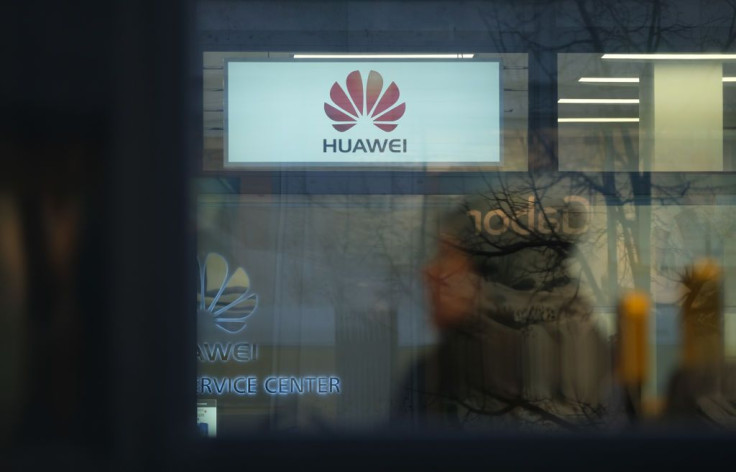Huawei Pushes Verizon To Pay $1B For 230 Patents, WSJ Reports

Huawei Technologies Co. Ltd. is demanding Verizon Communications Inc. to pay more than $1 billion in licensing fees for more than 230 of the Chinese telecoms equipment maker’s networking patents.
The patents in question cover network equipment for more than 20 of Huawei’s vendors, including major U.S. tech firms.
Verizon is said to be using equipment through other companies that rely on Huawei patents covering core networking gear, internet of things (IoT) technology and wireline infrastructure. Verizon and Huawei representatives met in New York City last week to determine if the gear might infringe on Huawei’s patents.
Verizon should pay to “solve the patent licensing issue,” said a Huawei intellectual property licensing executive to The Wall Street Journal.
Verizon has declined to comment regarding the issue because it is a potential legal matter.
"These issues are larger than just Verizon," said Verizon spokesman Rich Young. "Given the broader geopolitical context, any issue involving Huawei has implications for our entire industry and also raises national and international concerns."
Huawei continues to face a world of hurt in the United States.
The federal government blacklisted networking gear from Huawei in May. President Donald Trump also signed an executive order essentially banning Huawei out of national security concerns Huawei continues to have close ties with the China’s communist government.
U.S. national security experts claim “backdoors” in Huawei routers, switches and other Huawei gear allow China’s intelligence agencies to spy on U.S. communications. Huawei has always denied these allegations.
On Wednesday, Huawei said it will transmit an ex parte memo to the U.S. Federal Communications Commission (FCC) objecting to the blacklisting.
The ban isn’t hurting Huawei alone, however. Credit rating organization S&P Global said Wednesday the impact of the Huawei ban on the tech industry in the U.S. "could be wide ranging," and might harm the growth of American tech companies.
A number of American chipmakers such as Intel, Qualcomm, Xilinx, and Broadcom have stopped supplying Huawei with their products until further notice.
Huawei, the world’s largest manufacturer of telecommunications equipment, purchases more than $20 billion worth of semiconductors every year, according to data from global investment banking advisory firm, Evercore Inc.
© Copyright IBTimes 2025. All rights reserved.





















